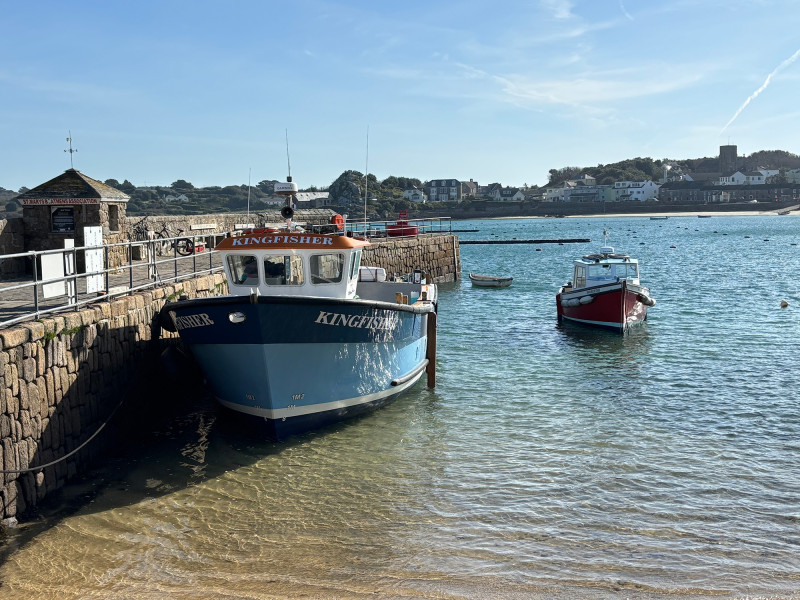Isles of Scilly
Learn more about the islands
The Isles of Scilly lie 28 miles southwest of Cornwall, England, a small archipelago of granite islands in the Atlantic Ocean. Five are inhabited—St. Mary’s, Tresco, St. Martin’s, Bryher, and St. Agnes—while over 140 smaller islets remain wild and untouched. Formed from a single ancient landmass eroded by the sea, they’re known for their mild climate, thanks to the Gulf Stream, and their rugged, natural beauty. The islands have a population of just over 2,000, with St. Mary’s serving as the bustling hub.
The Enchanting Wildlife of the Isles of Scilly
From vibrant seabird colonies and playful marine mammals to rare plants and migrant visitors, the Isles of Scilly are a treasure trove for nature lovers and a testament to the resilience of life in an isolated setting.
Getting around the islands
The Isles of Scilly is made up of over 140 islands, only five of which are inhabited, and feels like a world apart with its sub-tropical climate, abundant wildlife, and rich history.
Ensure you make the most of your Scilly adventure with a guide to getting between the islands, and discover the unique attractions of St. Mary’s, Tresco, St. Martin’s, and St. Agnes,


